Choosing …no choice
One of the arguments against sexual and gender diversities that we hear most frequently the world over is that they are “choices”. This argument implies that people who don’t conform to social norms are personally responsible for it. Not only does it imply that there is a responsibility, hence a fault, but it also takes this responsibility totally away from society, the family, etc. It loads the burden on the shoulder of the person, while erasing all other potential forms of “responsibility”.
More subtle versions of the same argument focus on the choice to “act out” the difference: while recognizing that sexual and gender diversities are not choices per se, but that expressing them is. This argument invites sexual and gender minorities to shut down their feelings and conform to mainstream social norms.
Understandably, a lot of campaigns for sexual and gender diversities have tackled this specific angle, as a cornerstone of dismantling public stigma against sexual and gender minorities.
The core strategy by claiming that sexual and gender diversities are “not a choice” is to shut off the notion of fault/guilt. It therefore implies that there is no possibility/need to “fix” it.
There have been critiques of this approach though. One of them being that the slogan “it’s not a choice” repeats the words of our opponents and results in unconsciously reinforcing the parallel between sexual and gender diversity and the notion of choice. Basically hearing”homosexuality” and “choice” in the same sentence is bound to reinforce the mostly available idea (that it IS a choice), whatever the sentence actually says.
Another more conceptual argument is that this approach disenfranchises sexual and gender minorities and makes them “passive” objects of their desires.
But the most often cited opposition is that the “no choice” argument mechanically reinforces the biological argument: if sexual and gender diversities are not choices, then they are inborn. This paves the way for very questionnable strategies to find the biological determinants (including with the objective to “rectify” them). Making sexual and gender diversities a biological pattern further reinforces the notion that they are pathologies.
This argument nevertheless supposes a “mechanical” correspondance between the “choice” and the “biology” sides, which has the big weakness of excluding other forms of beliefs as regards sexual and gender diversities
Campaigns focusing on the “no choice” argument have sometimes used the parallel with heterosexuality, to drive the point.
An interesting video experiment conducted in 2008 asked people first if they thought being gay is a choice. They then asked them when they themselves chose to be straight. The contradiction that people realise is an interesting illustration of a campaign tactic.
At the end of the day, it is clear that our sexualities and our gender identities are shaped by a constant interaction of social, cultural, historical and, sometimes, biological forces. And it is equally clear that no one “chooses” their sexuality and feeling of gender, in the sense that no one makes a rationale conscious decision as to whom they are attracted by or they related to the social gender they are assigned to. The only thing that IS a choice, is how we express what goes on inside us.
Being homosexual or transgender is not a choice
Being proud is
And for our conservative opponents, that’s the trouble.
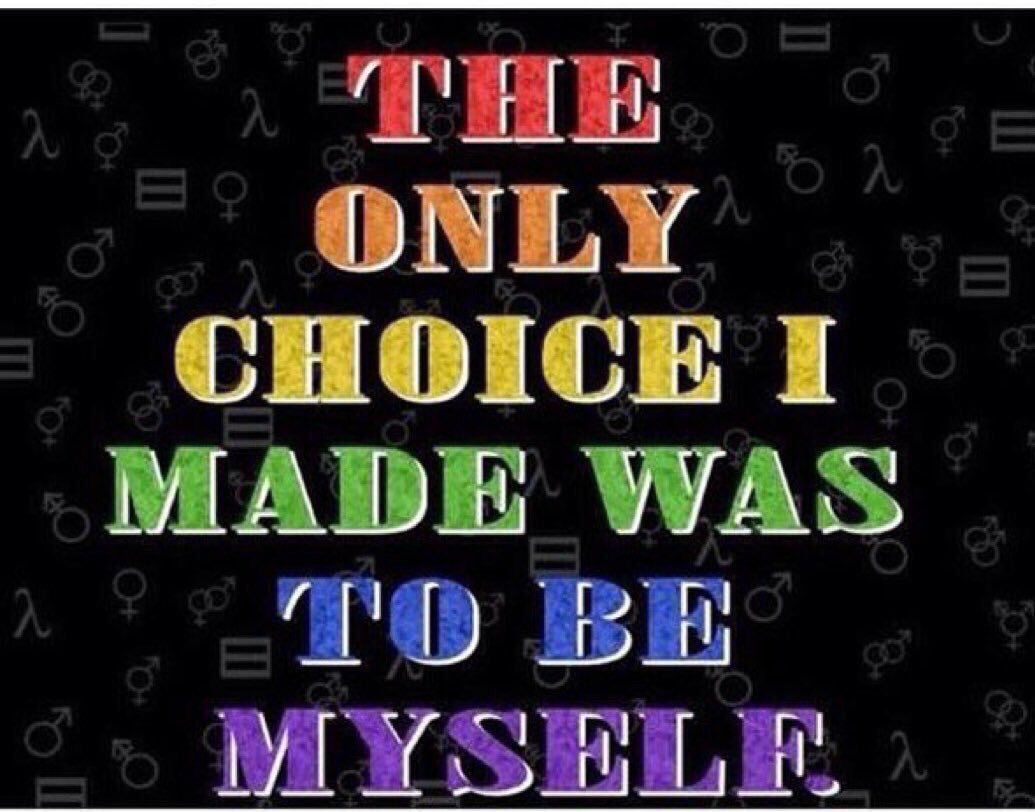
At the end of the day it is nevertheless doubtful whether the “not a choice” argument alone can win people over. In most people’s minds, there has to be some form of explanation of sexual and gender diversities in order to justify the existing social order. If people get convinced it is not a choice, they will default on other “explanation”. Biology in indeed the most easily available “offer”. Campaigners who are rightfully wary of this might need to consider developing alternative messages that respond to the “vacuum” that a successful “not a choice” campaign generates.
——°——-
ps: an interesting, albeit questionnable, argument that we found in favour of the “choice” argument is that a wilful choice to open up on our desires, explore the reasons for their limitations, proactively try out new sexual relationships or gender expressions might liberate new desires and might in the end affect our sexualities and gender expressions. In that sense, our sexualities and gender expressions could be the result of choices. But again, it is in that case not so much our desires that are choices, but our decision to liberate, explore, innovate.
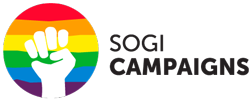
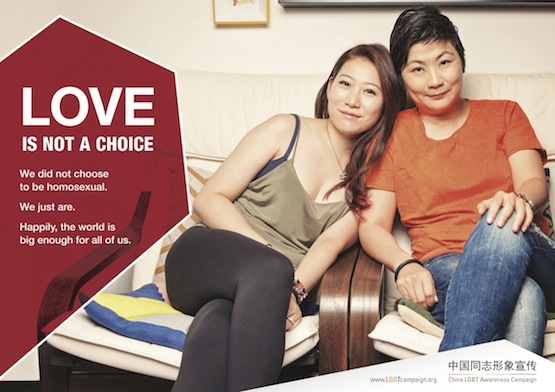
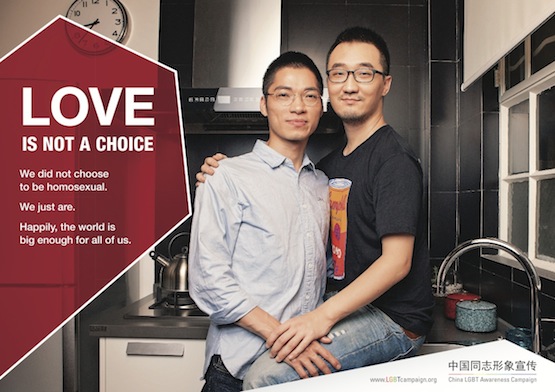
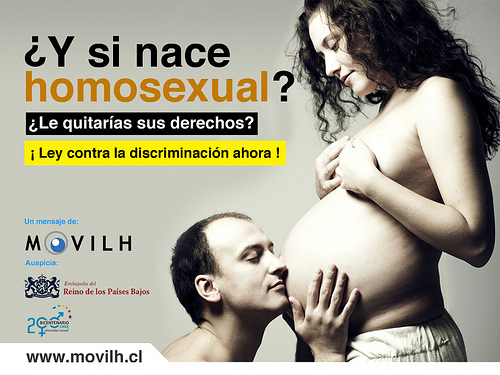
Comments are closed.